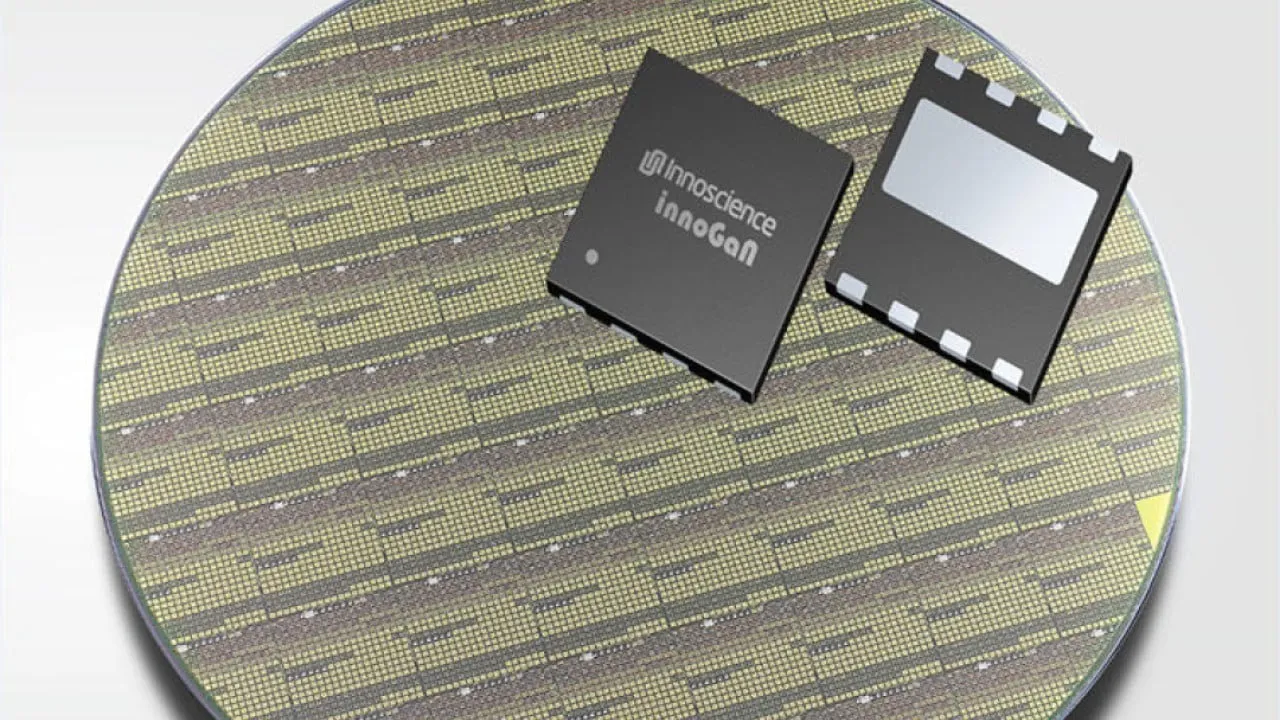Innoscience Technology's Patent Dispute with Efficient Power Conversion: Implications for Semiconductors

Patent Dispute Overview
The U.S. International Trade Commission (ITC) has ruled that Innoscience Technology, a Chinese maker of gallium-nitride-on-silicon (GaN-on-Si) power chips, infringed upon a patent of American rival Efficient Power Conversion Corp (EPC). This ruling clouds the Suzhou-based firm’s prospects of going public in Hong Kong.
ITC's Final Determination
According to the ITC's final determination released on Thursday, Innoscience was found to have infringed on one of the challenged patents held by EPC. Consequently, the agency issued a limited exclusion order prohibiting the importation of certain Innoscience chips that violated EPC’s patent.
Industry Impact
California-based EPC described the ITC decision as the first successfully litigated U.S. patent dispute involving GaN-based wide bandgap semiconductors. The firm anticipates opening its intellectual property in GaN technologies to potential partners through licensing agreements.
In response, Innoscience stated that it disagrees with the ITC’s decision and plans to appeal the ruling. The litigation is unlikely to impact Innoscience’s customers, according to a company statement on Friday. They believe the ITC's decision clarified a design currently in dispute and assert they are working around it to release new products soon.
Future Considerations
Despite these challenges, Innoscience’s ongoing disputes have overshadowed the company’s ambitions to list in Hong Kong, as well as its expansion plans after filing for an initial public offering in June.
Moreover, the Chinese firm is also facing a patent lawsuit with Infineon Technologies, Germany’s largest semiconductor manufacturer.
Investors' Concerns
In its prospectus, Innoscience warned that it may be barred from manufacturing or selling the infringing products and/or ordered to pay monetary damages due to adverse rulings in litigation.
Notably, GaN and silicon carbide fall under third-generation semiconductor materials, offering advantages like higher energy efficiency and reduced size compared to traditional silicon-based chips.
According to Innoscience's website, its GaN products are widely utilized in consumer electronics, including smartphones, laptops, e-bikes, and various small household appliances.
This article was prepared using information from open sources in accordance with the principles of Ethical Policy. The editorial team is not responsible for absolute accuracy, as it relies on data from the sources referenced.